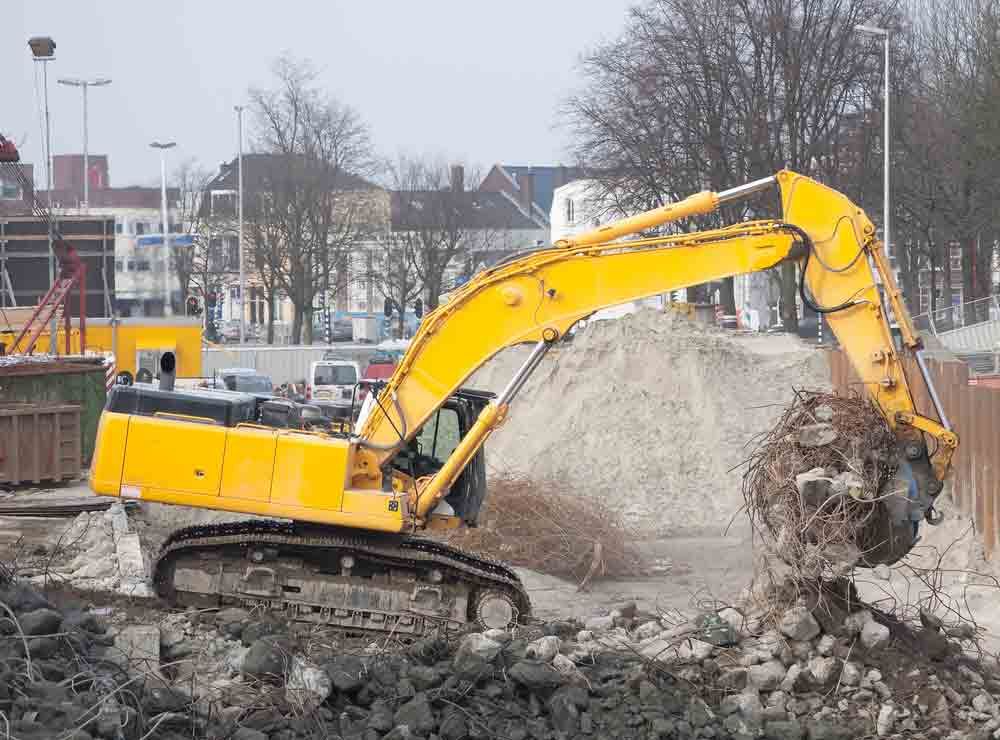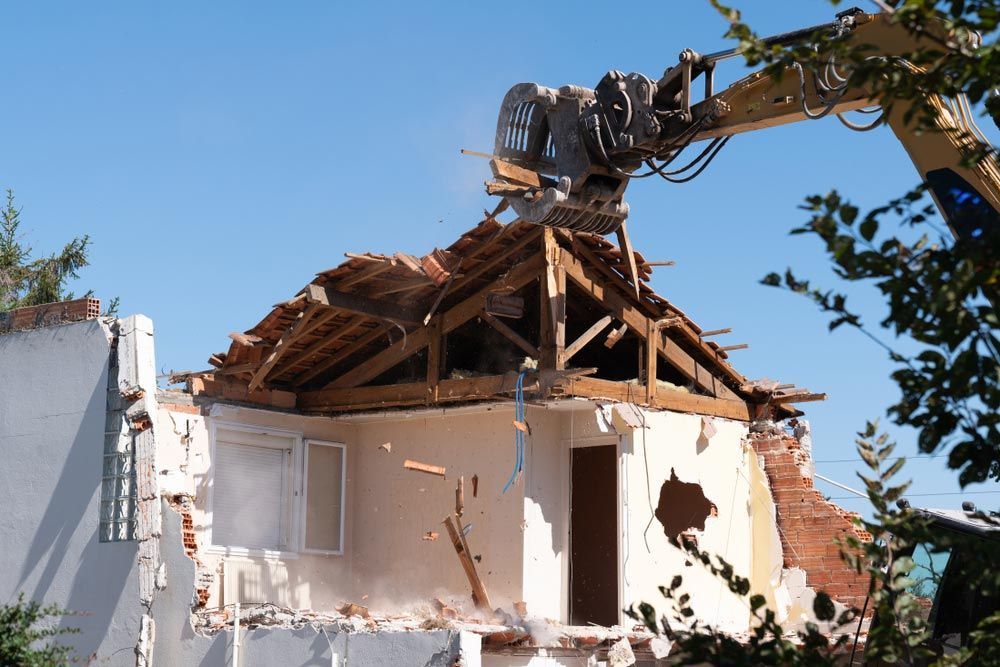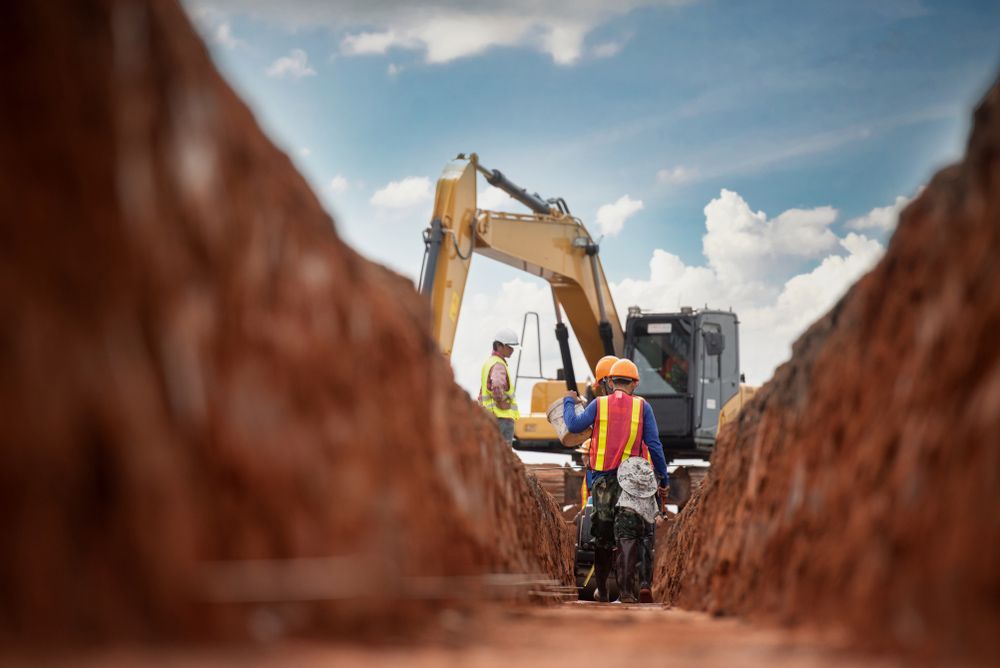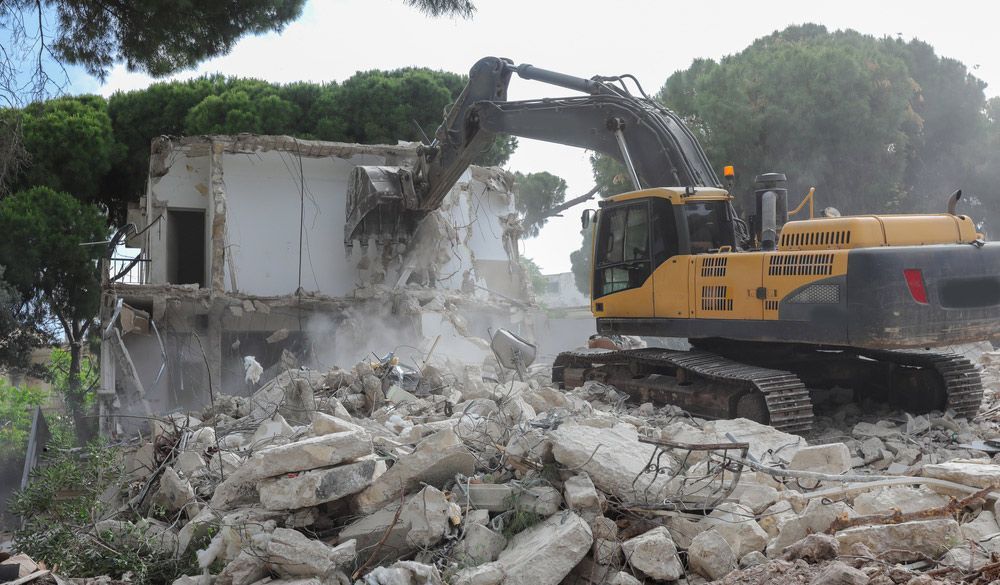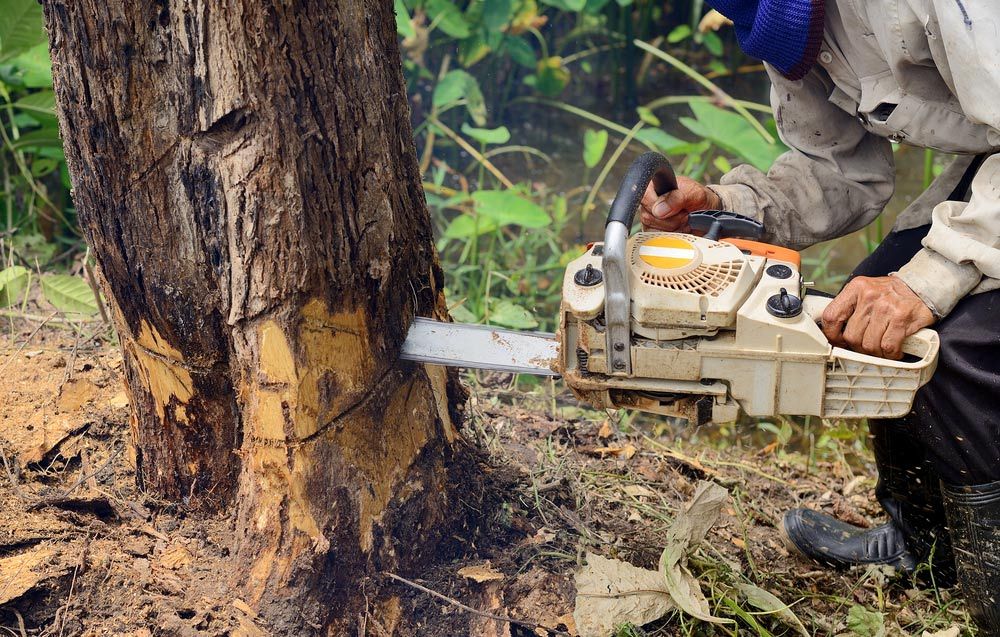Blog
Proper Waste Management: A Key To Sustainable Demolition Projects
Admin | June 30, 2023
Demolition projects often generate substantial amounts of waste, which can harm the environment if not managed correctly. This is why proper waste management is an essential part of any sustainable demolition project. This blog we explore the importance of waste management in demolition projects, the principles of reducing, reusing and recycling waste and the strategies for effective waste management implementation.
Waste Management In Demolition
Demolition projects can produce a wide variety of waste materials, including concrete, wood, metals, glass and more. Without proper management, these materials can end up in landfills, contributing to environmental degradation. Moreover, improper waste disposal can lead to potential health hazards and even legal complications.
The Three Rs Of Waste Management: Reduce, Reuse, Recycle
The principle of the three Rs — Reduce, Reuse and Recycle — is at the heart of any waste management strategy.
- Reduce - The aim should be to minimise waste generation right from the planning stage. By using precise, carefully considered demolition techniques, the amount of waste produced can be significantly reduced.
- Reuse - Many materials from demolition sites can be reused in other construction projects. For instance, bricks and tiles can be cleaned and reused, while wood can be repurposed for other building projects or furniture.
- Recycle - Materials that can't be reused can often be recycled. Concrete and metals, for example, can be processed and used to produce new construction materials.
Effective Waste Management Techniques
- Circular Economy: Unlike the traditional linear economy, which follows a 'take-make-dispose' model, a circular economy, the goal is to reduce waste and pollution and keep products and materials in use. By adopting circular economy principles, the demolition industry can minimise waste and make the most of resources.
- Planning and Assessment Tools: Advanced software tools can help in the initial stages of a demolition project by providing accurate estimates of the generated waste. This allows for better planning and preparation for waste management.
- Precision Demolition: Technological advancements in demolition equipment have led to precise and controlled demolition, reducing unnecessary waste. For instance, robotic demolition equipment can selectively dismantle structures, preserving materials that can be reused or recycled.
- Waste Sorting and Processing: Automated sorting systems can segregate waste efficiently, increasing the amount of waste that can be recycled. Additionally, crushing and screening machines can process waste on-site, turning it into valuable resources for future construction projects.
- Tracking and Compliance: Digital tools can help track the amount and type of waste generated, ensuring compliance with waste disposal regulations. They can also provide valuable data for improving waste management strategies in future projects.
Incorporating such tools into waste management practices makes the process efficient and contributes to the broader goal of sustainability.
Ready To Embrace Sustainable Demolition Practices?
Proper waste management in demolition projects is more than just compliance with regulations or avoiding potential hazards. It's about responsibility for our environment and contributing to a sustainable future. Remember, every step taken towards proper waste management is towards a greener, healthier planet.
Reach out to the experts at Boland Contracting today. Our demolition team is committed to minimising our environmental impact. We use a veritable shredding machine that can crush and recycle concrete, rock and trees, while sorting rebar from concrete once crushed. To learn more about our technologically advanced waste management practices, give us a call today. Let's build a sustainable future together.
> YOU MIGHT ALSO LIKE
Recent Posts
Locations We Service
Site Links
Locations We Service
What We Do
Trading Hours
- Monday
- -
- Tuesday
- -
- Wednesday
- -
- Thursday
- -
- Friday
- -
- Saturday
- -
- Sunday
- Closed
ABN 73 620 261 190
Allan Boland (Owner/Manager)
Ian Boland (Supervisor)
Administration Email

